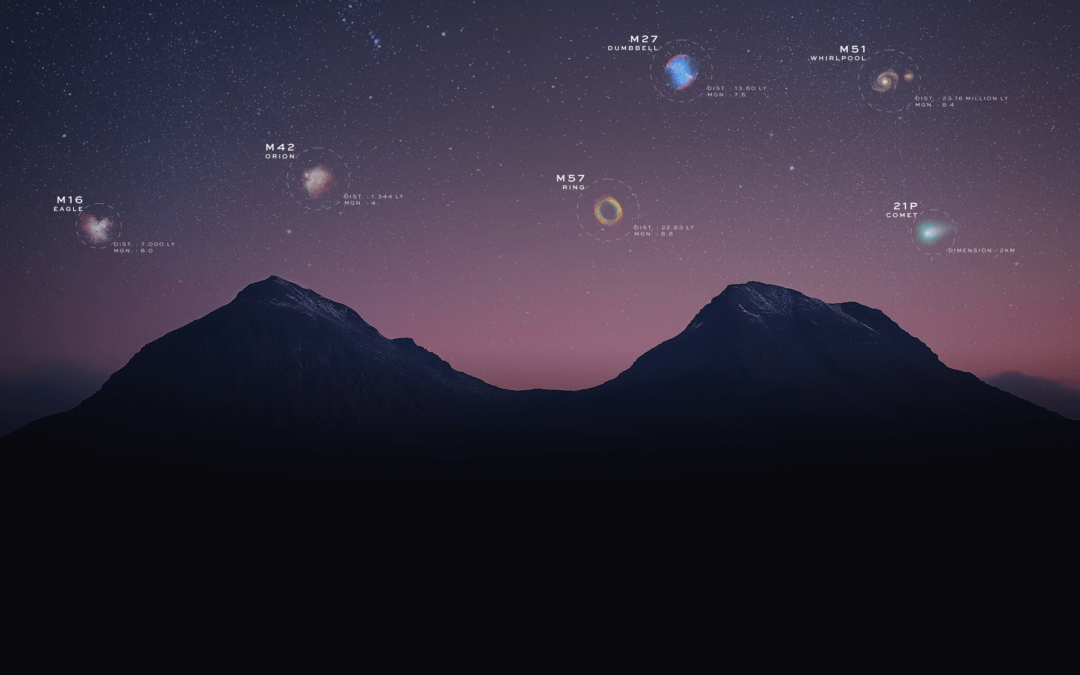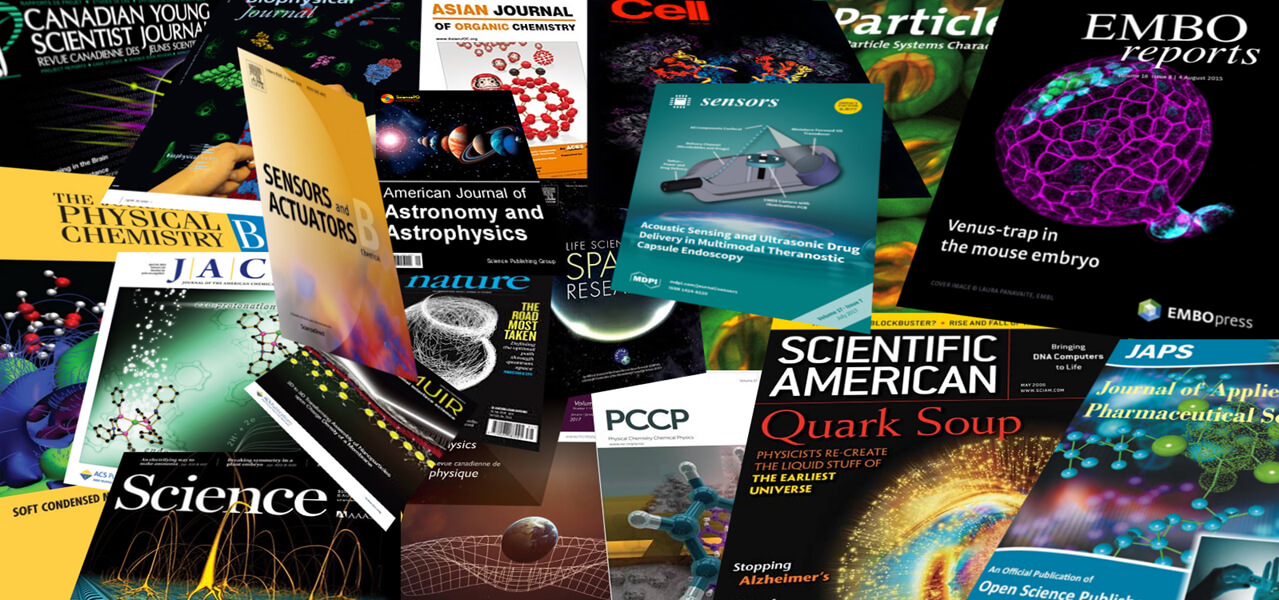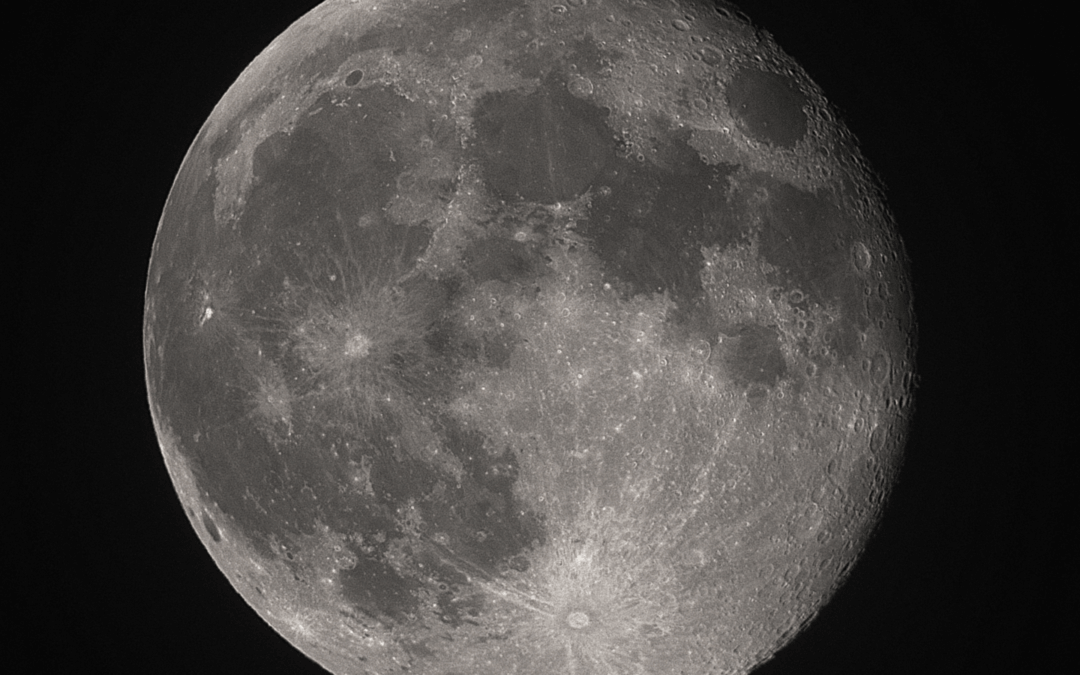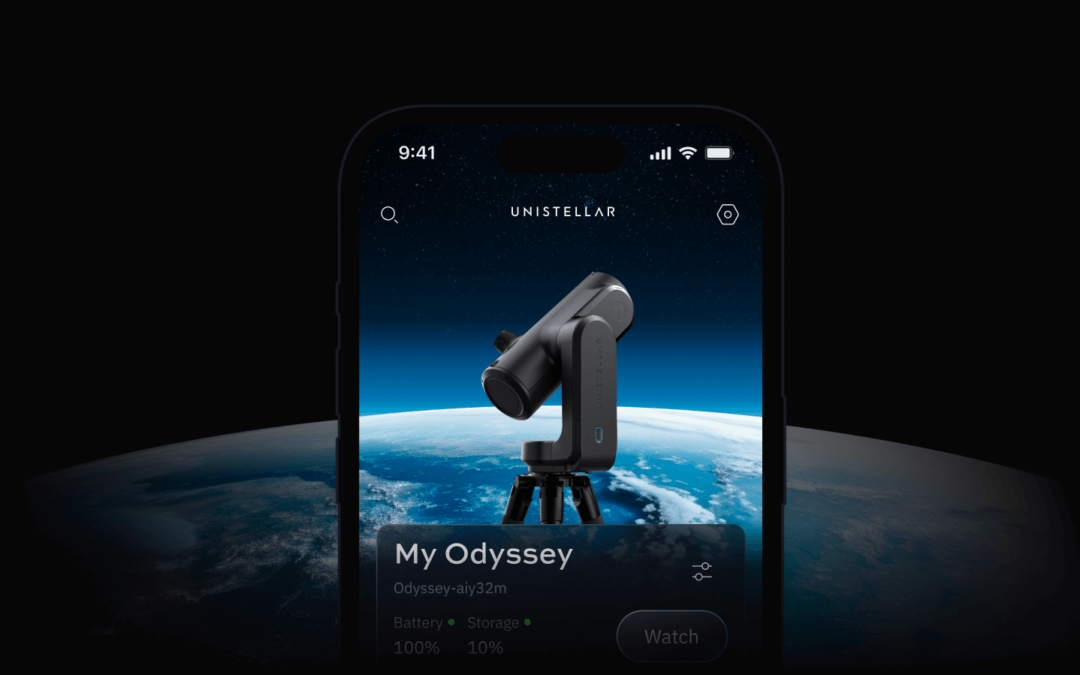On Father’s Day, you can send your dad a card, or take him out to a nice steak dinner. But if you really want to do something special for him, spending a memorable day together is a gift that’s hard to beat!
Coming up with the perfect day can be a hard task. But when you know your father loves astronomy, it’s actually pretty easy! For Paul Dalba, the Asteroid Occultation Lead at Unistellar, chasing down an asteroid occultation with his dad, Anthony Dalba, was a no-brainer.
“He was never interested in astronomy until I studied it in school, but now he loves it,” the younger Dalba says. So for his first visit home to St. Louis, Missouri in more than three years, Paul decided to take his dad out asteroid hunting.
“Prior to looking after the Polymele asteroid in March 2022, I had not seen my dad in person since 2019,” he says. “So it was a bit of a reunion.”
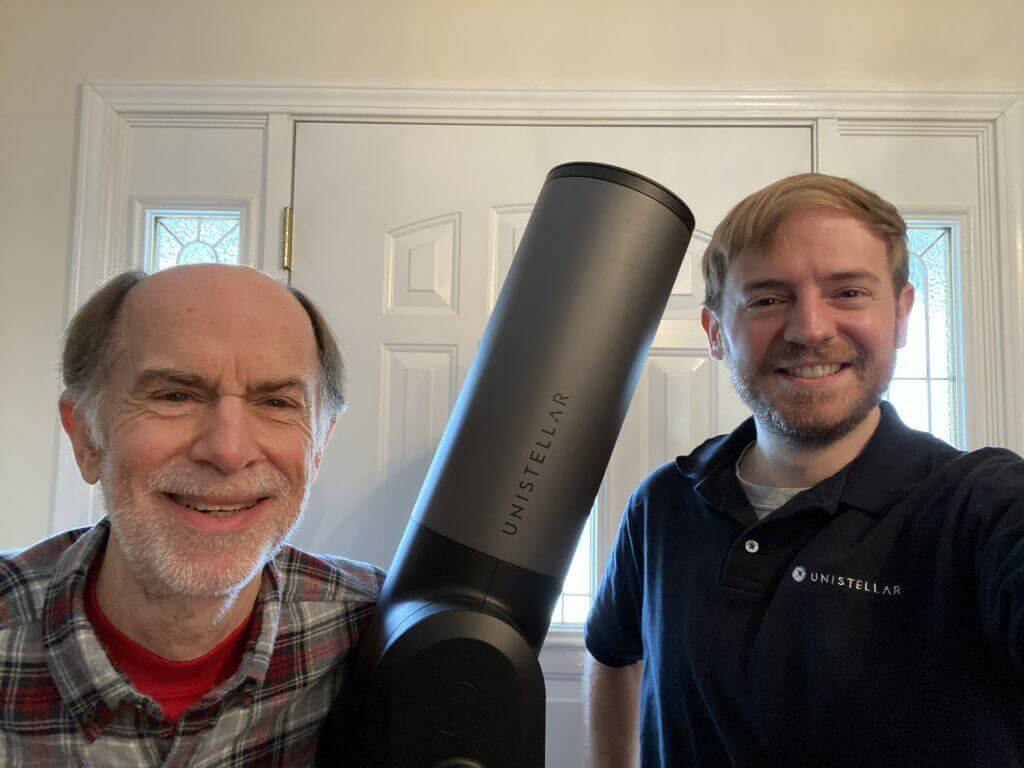
Anthony Dalba and Paul Dalba
Luckily, on March 26, Paul’s visit coincided with the passage in front of a star, an event called an occultation, of Polymele, an asteroid that’s a target for NASA’s Lucy mission. The occultation’s path went through Rolla, Missouri, about 90 miles away, and the father-son duo packed up two eVscopes to go see it.
After scouting around in the afternoon for the best spots to make their observations, Paul helped his dad set up his eQuinox for the first time, near to the line of centrality for the occultation. Then, as the occultation neared, he raced to another spot ten minutes away to make his own observation.
Though it was Anthony’s first time using an eVscope, both he and Paul made clear observations of Polymele as it passed in front of a distant star, an event that lasted about three-fourths of a second. Both father and son were able to capture light curves from the event, passing along important Citizen Astronomer data about Polymele’s shape and orbit to NASA scientists with the Lucy mission.
With one successful observing trip in the books, we hope it’s the first of many collaborations between this father-son observing team. Happy Father’s Day!
Further readings
3 Reasons to observe this month
Every month, discover three unmissable celestial events to observe with your Unistellar telescope.
Observing Eclipses on Jupiter: Cosmic Spectacles Through a Telescope
The latest Unistellar App Update, version V3.0, is now live. Explore a smooth stargazing experience !
Unistellar Community Included In Multiple Scientific Papers
Did you know Unistellar Citizen Astronomers are often cited in published scientific papers? Find out how you can contribute too!
What Are the Names of All the Full Moons in 2024?
Discover the enchanting names of the full moons in 2024. Delve into the unique character of each lunar spectacle and embrace the allure of the night sky.
New Unistellar App Update: Version 3.0
The latest Unistellar App Update, version V3.0, is now live. Explore a smooth stargazing experience !
What to Observe This November: Open Star Clusters and More
These Halloween deep-sky objects will add some light to those dark, spooky nights. Treats, tricks, and telescopes await!

